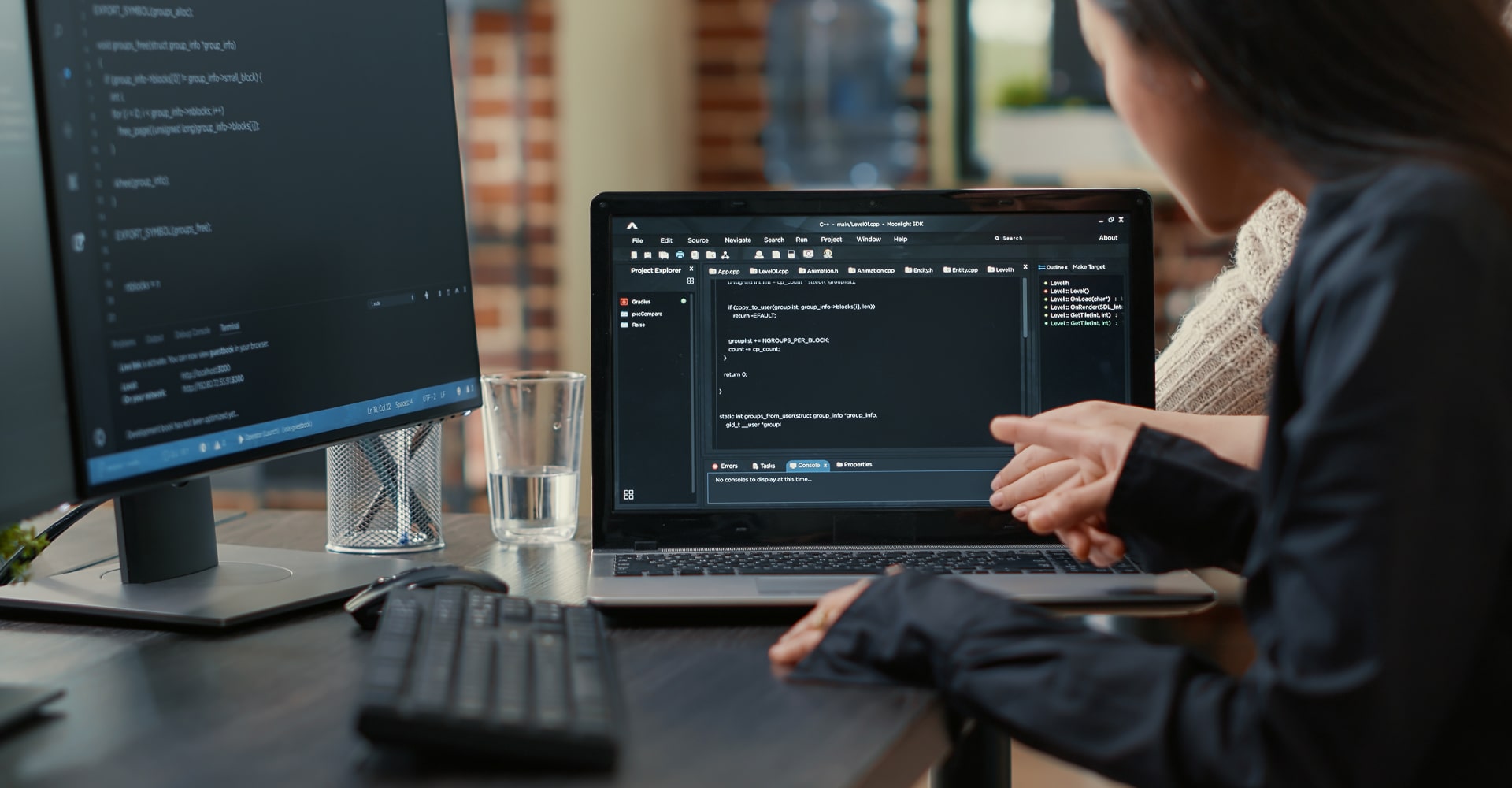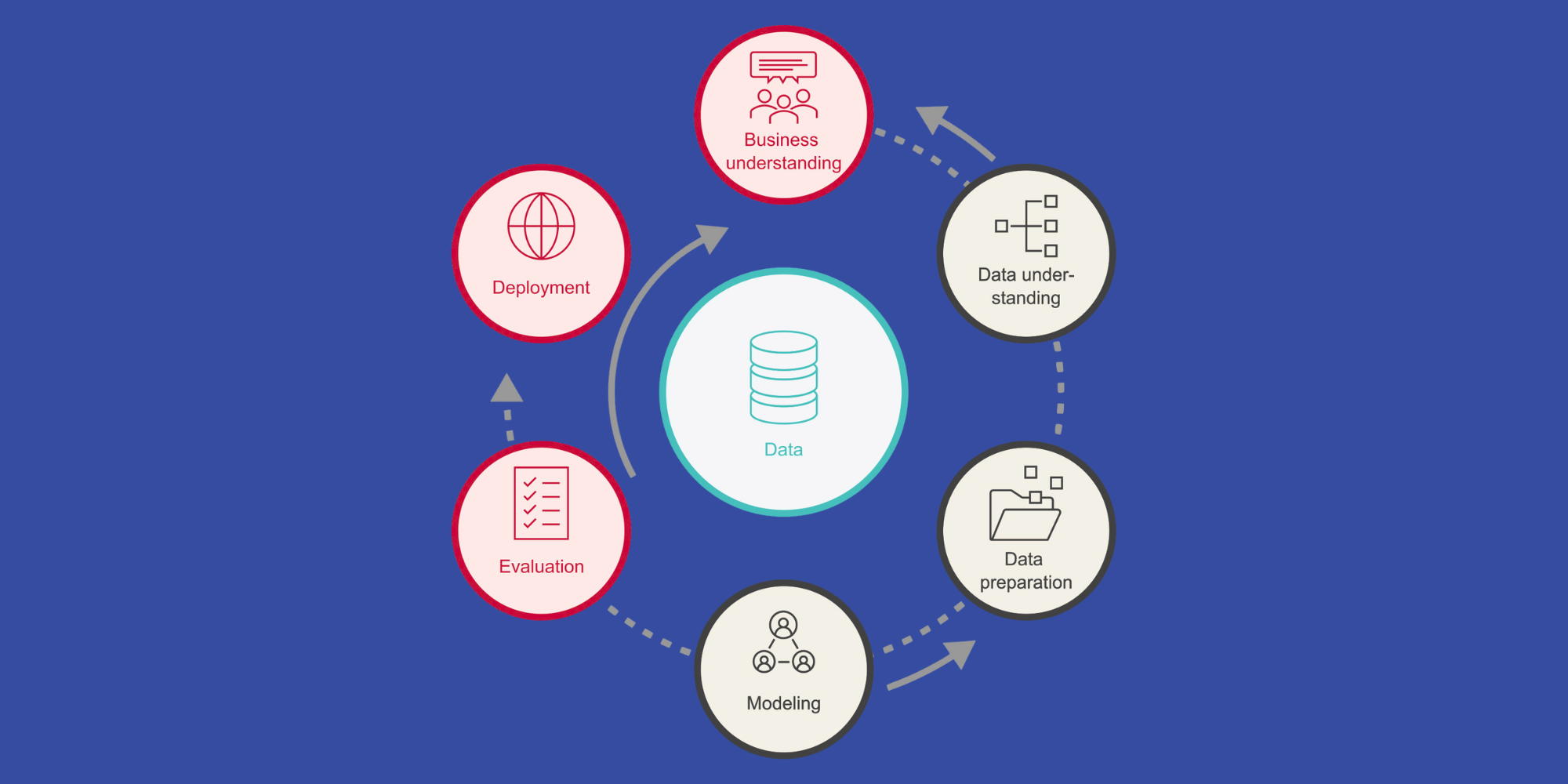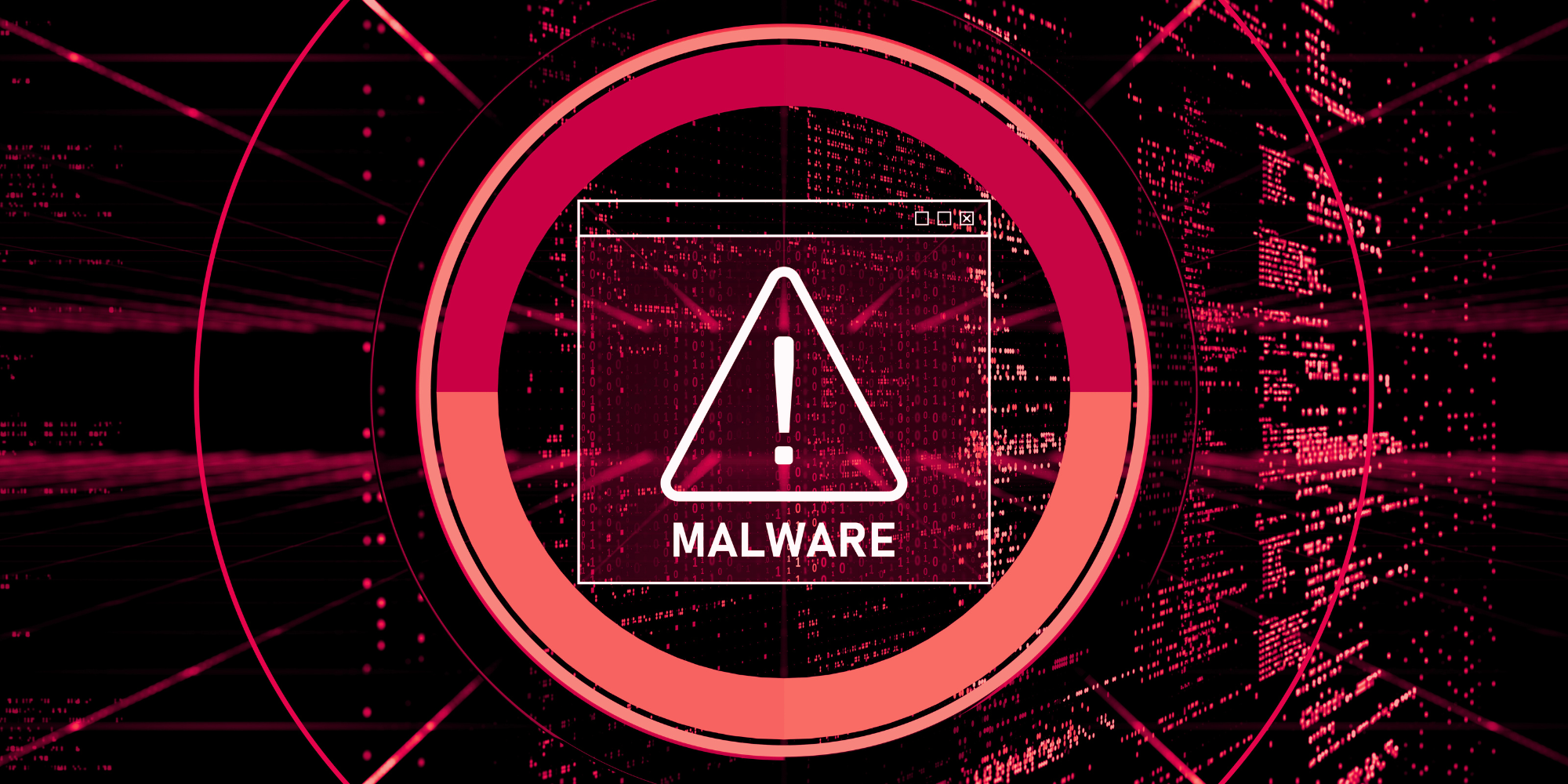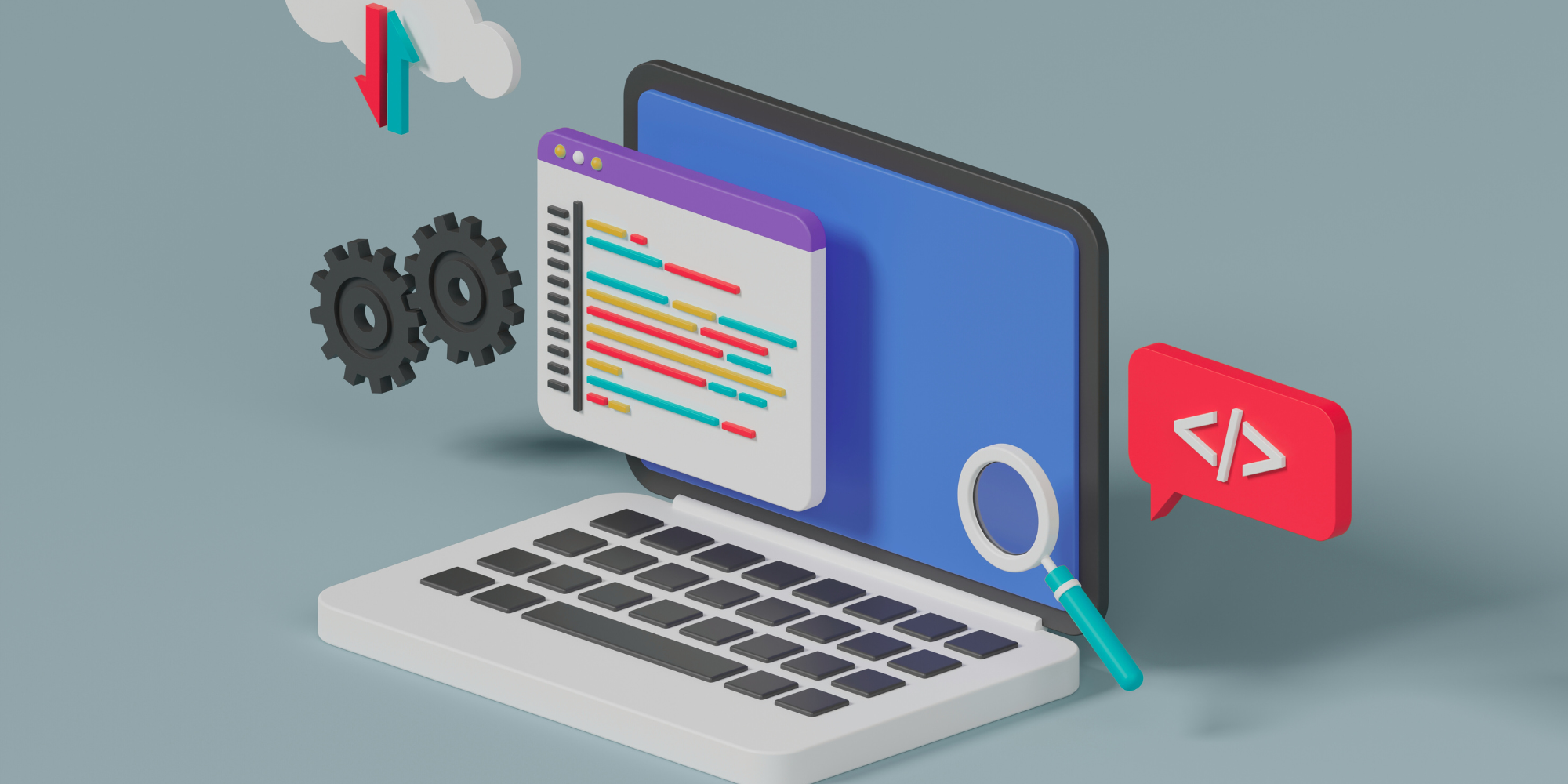The landscape of education has transformed dramatically in recent years, with coding bootcamps emerging as a powerful pathway into software engineering and web development careers. As the demand for skilled developers continues to surge, both traditional educational institutions and innovative providers have launched comprehensive bootcamp programs. These intensive learning experiences offer various routes to become a full stack developer, front-end specialist, or back-end programmer, making technology careers more accessible than ever before.
However, with the proliferation of coding bootcamps, choosing the right program has become increasingly complex. Whether you're interested in software engineering or specialized areas like cybersecurity and data science, it's crucial to evaluate potential programs carefully. Here are five essential questions that will guide you toward making an informed decision about your technical education.
1. Will the Program Adapt to Your Schedule?
Not everyone can commit to a full-time, immersive bootcamp schedule, and the best programs understand this challenge. The most effective coding bootcamps offer flexible learning paths that accommodate various lifestyles and commitments, whether you're working full-time, raising a family, or balancing other responsibilities.
Look for programs that provide part-time options. Online learning components should blend synchronous and asynchronous instruction, allowing you to progress at your own pace while still maintaining structured accountability. Additionally, consider whether the program offers financing options, as this flexibility in payment can be just as important as scheduling flexibility.
2. How Comprehensive Is the Technical Curriculum?
Success in the tech industry requires mastery of both fundamental concepts and cutting-edge tools. The most effective bootcamps strike a balance between teaching established programming languages and introducing modern frameworks. A well-designed curriculum should cover front-end development essentials like HTML, CSS, and JavaScript, while also delving into back-end systems.
Beyond just teaching specific languages, the best programs emphasize problem-solving skills and computer science fundamentals. They incorporate popular frameworks like React, Python, and database management principles. This comprehensive approach ensures you're not just learning to code but developing the full spectrum of skills needed for real-world software development.
3. How Does the Program Connect Theory to Practice?
Theoretical knowledge alone isn't enough in today's competitive tech industry. Employers increasingly value candidates who can demonstrate practical experience through real-world projects. The most effective bootcamps integrate hands-on learning throughout their curriculum, culminating in a substantial capstone project that showcases your abilities.
Your learning experience should include collaborative development scenarios that mirror actual workplace environments. This might involve contributing to open source projects, building a full stack application with industry standard technical components, or creating components for an app. These practical experiences not only enhance your portfolio but also prepare you for the day-to-day challenges of a technology career.
4. What Career Development Support Is Available?
The journey doesn't end with mastering technical skills. The transition into a technology career requires strategic planning and support. Leading bootcamps offer comprehensive career services that begin during your training and extend well beyond graduation. This support should include personalized career coaching, technical interview preparation, and job search strategy development.
Look for programs that maintain strong industry connections. The best bootcamps offer networking opportunities, mock interviews, and portfolio review sessions. Their career services teams should help you navigate everything from resume crafting to salary negotiation, ensuring you're well-prepared for your career transition.
5. How Will You Be Supported Throughout Your Learning Journey?
Learning to code is an intensive process that requires robust support systems. The most effective bootcamps create a comprehensive support network that includes experienced instructors, career coaches, and peer learning opportunities. This network should be readily accessible through multiple channels, whether you need help debugging code, understanding complex concepts, or staying motivated through challenging modules.
Technical support services should be available when you need them, and regular feedback mechanisms should help you track your progress. The best programs foster a community atmosphere where both beginners and experienced coders can thrive, share knowledge, and build lasting professional relationships.
Making an Informed Decision
Choosing the right coding bootcamp can shape your entire career trajectory. As you evaluate different programs, consider how they address each of these crucial areas. The best bootcamp for you will align with your learning style, career goals, and schedule while providing comprehensive support throughout your journey.
Whether you're pursuing software engineering, cybersecurity, data science, or artificial intelligence, ensure your chosen program offers a balanced combination of technical education and career preparation. Remember that the most valuable bootcamps don't just teach you to code—they prepare you for a successful, long-term career in technology by providing the skills, support, and connections you need to thrive in the tech industry.
If you’d like to join a bootcamp that checks all of the boxes, explore SMU’s Software Engineering Bootcamp, a program specifically designed to equip you with the skills, knowledge, and hands-on experience needed to launch a successful and rewarding career in coding. Through a structured curriculum, expert-led instruction, and real-world projects, you'll gain proficiency in essential programming languages and tools while building a strong portfolio.







.png)